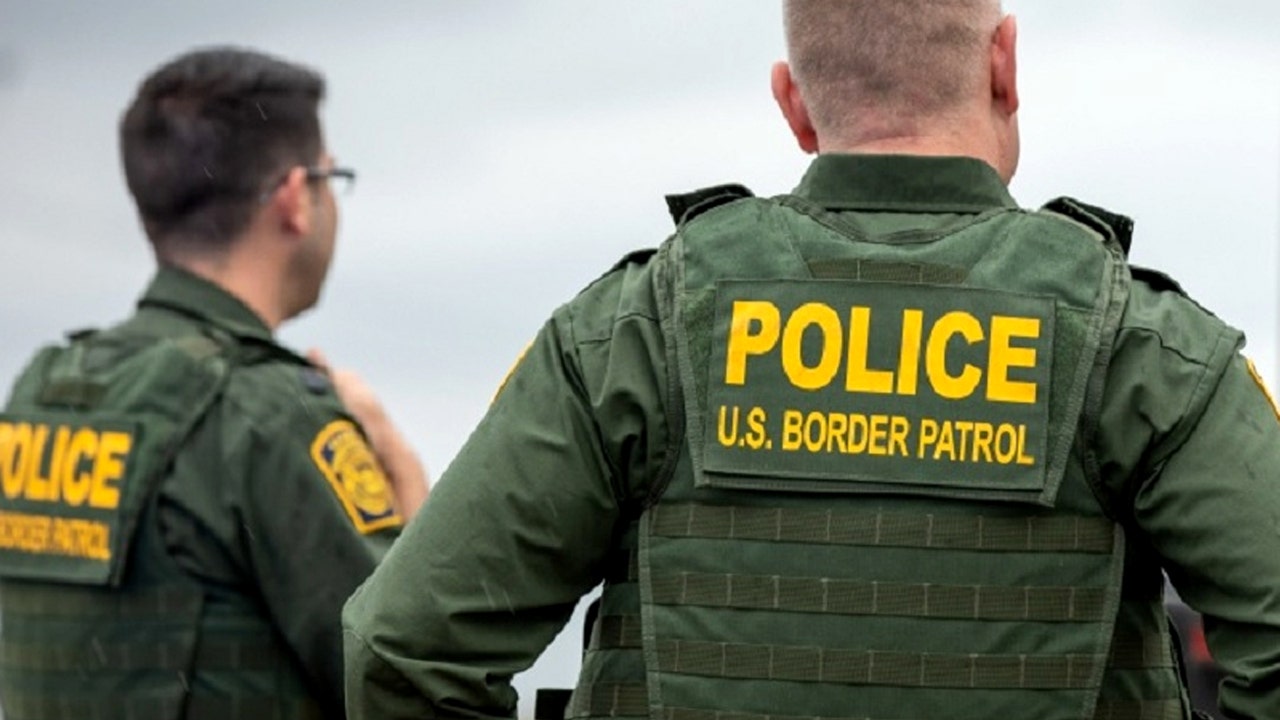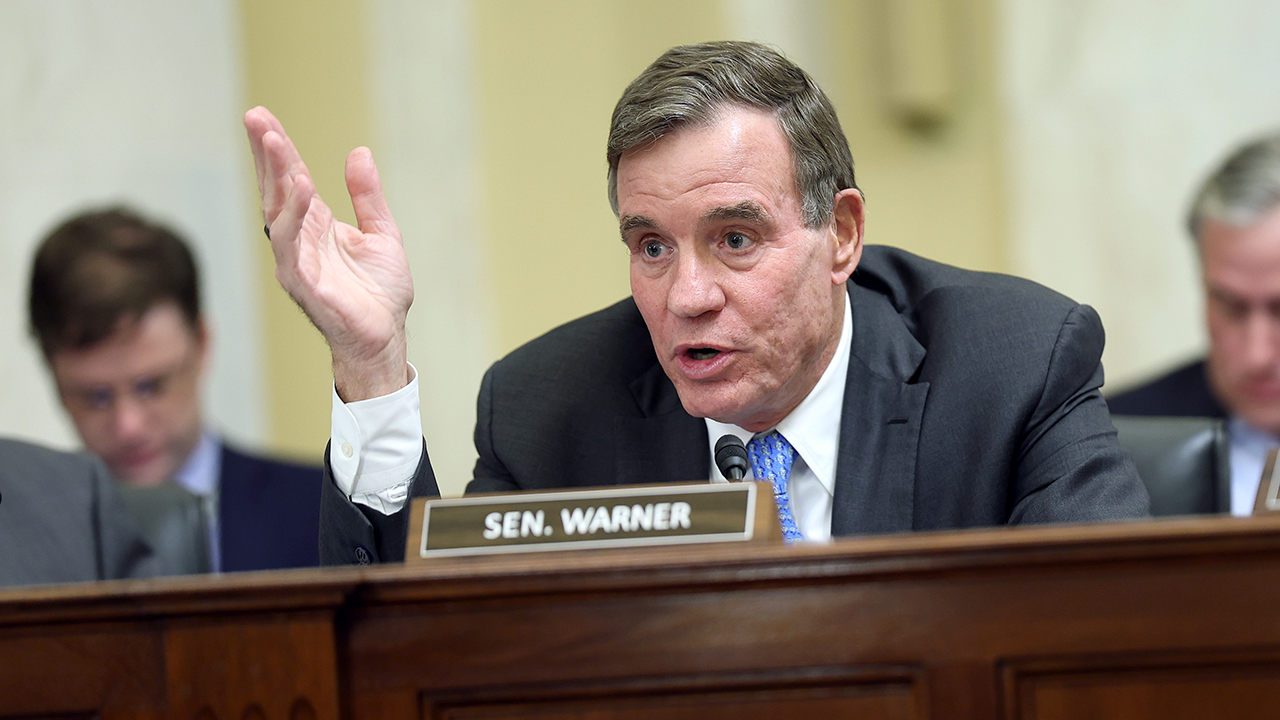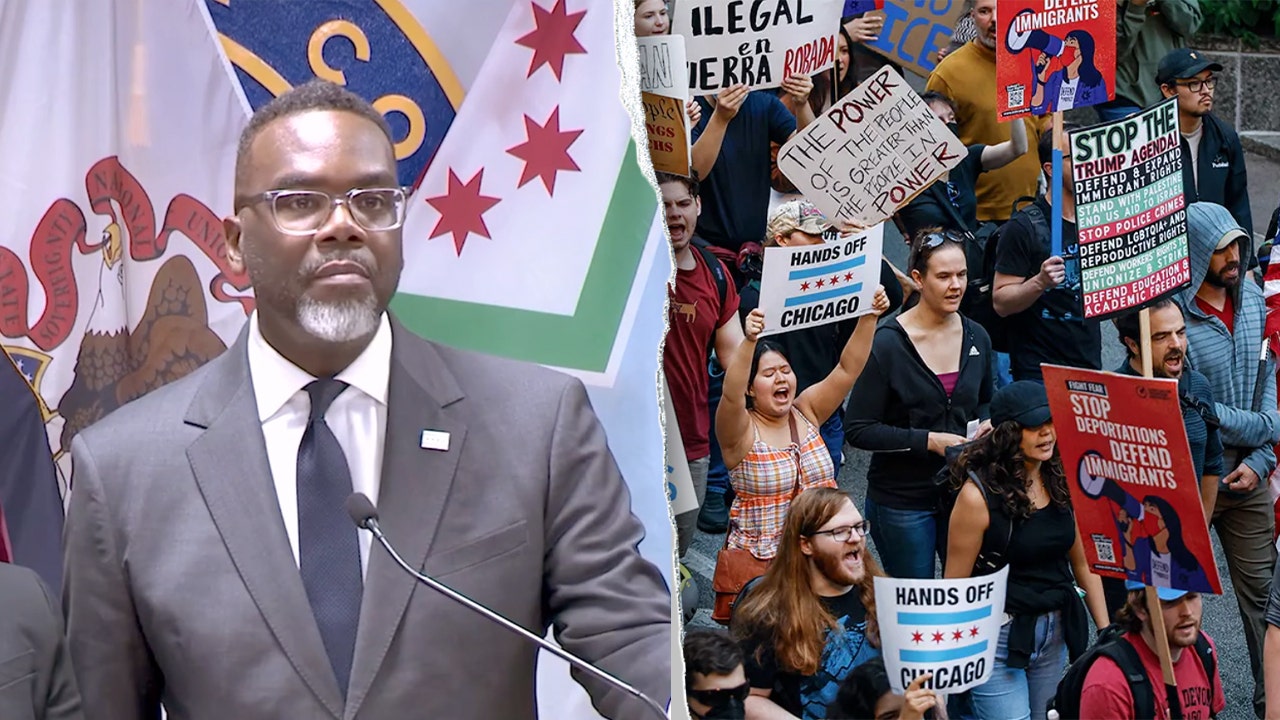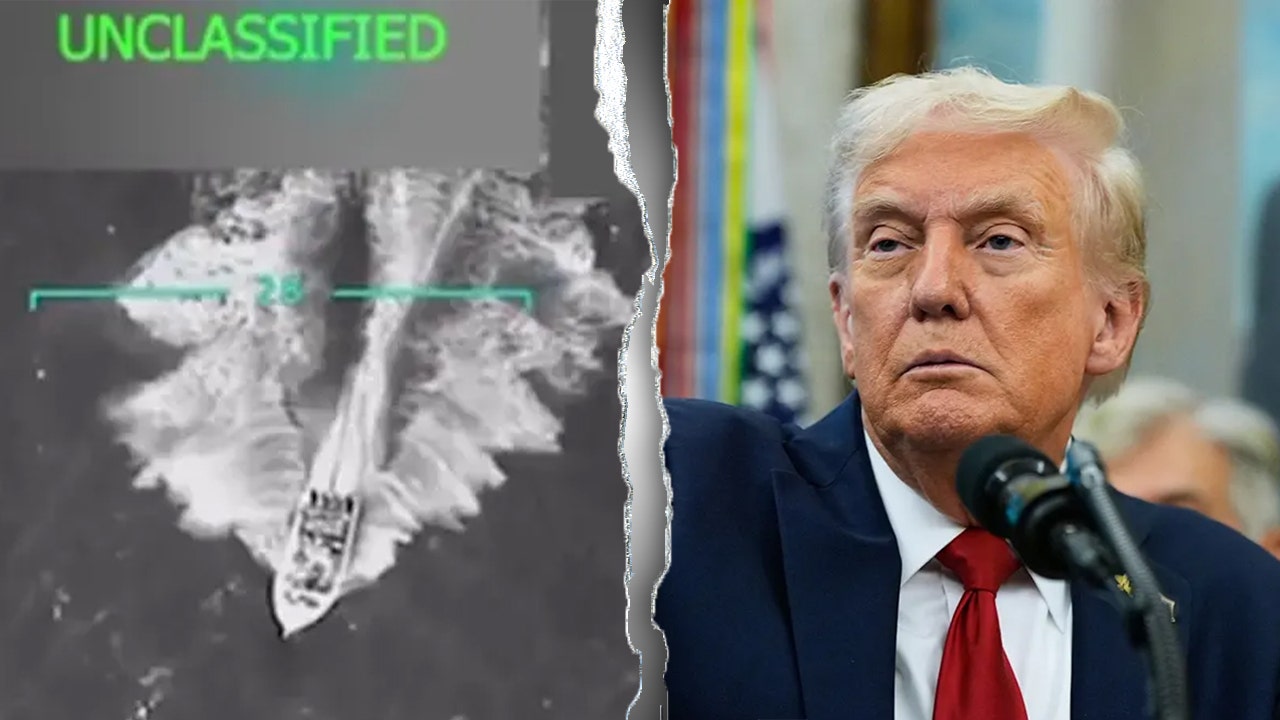Dem senator proposal eases CBP hiring process for military and law enforcement

Arizona Democratic Sen. Ruben Gallego is taking a bold step in introducing legislation that could potentially streamline the hiring process for U.S. Customs and Border Protection (CBP) by eliminating the polygraph test requirement for certain applicants. The “Border Patrol Recruitment Enhancement Act” aims to exempt veterans and current or former law enforcement professionals from this cumbersome step, as they already undergo rigorous background checks and screenings in their respective fields.
Gallego emphasized the need to address the staffing shortages within CBP, noting that the current hiring process is overly bureaucratic and is deterring qualified individuals from joining the agency. By removing the polygraph test requirement for those with military or law enforcement experience, the senator hopes to expedite the hiring process, cut down on red tape, and bolster border security.
This initiative is not entirely new, as similar legislation has been introduced in the past by Rep. Dan Crenshaw during the border crisis in 2023. However, Gallego’s decision to revisit this idea underscores the urgency of addressing staffing challenges within CBP, especially in light of the high number of retirements and the lengthy 11-step hiring process currently in place.
The proposed bill has garnered support from various stakeholders, including the American Federal of Government Employees District 12, which represents border patrol agents and other federal workers. Mario Campos, the National Vice President of the union, highlighted the need to eliminate unnecessary barriers that prevent qualified individuals from serving their country in critical roles.
While concerns have been raised about the integrity of polygraph tests and the potential for intentional failures during the Biden administration, the focus remains on ensuring that applicants with a proven track record of service and professionalism are not hindered by bureaucratic hurdles. The bill includes safeguards to ensure that candidates with criminal backgrounds or professional misconduct are still thoroughly vetted before joining CBP.
In addition to legislative efforts to reform the hiring process, the Defense Department is exploring ways to deploy civilian personnel to support operations at the southern border. Meanwhile, ongoing discussions in Congress regarding immigration and border security, including the reconciliation bill debate, underscore the need for comprehensive solutions to address these issues.
As the debate continues, bipartisan collaboration has emerged in the form of legislation introduced by Sen. John Cornyn and Sen. Gary Peters to mandate annual hiring targets for CBP until staffing levels are adequate. This bipartisan effort reflects the shared commitment to ensuring that ports of entry are adequately staffed to facilitate the safe and legal flow of people and goods into the country.
In conclusion, Sen. Ruben Gallego’s proposed legislation represents a significant step towards improving the efficiency of CBP hiring processes and addressing staffing shortages within the agency. By exempting veterans and law enforcement professionals from unnecessary hurdles, the bill aims to streamline recruitment efforts, enhance border security, and ensure that qualified individuals can continue to serve their country in critical roles.




